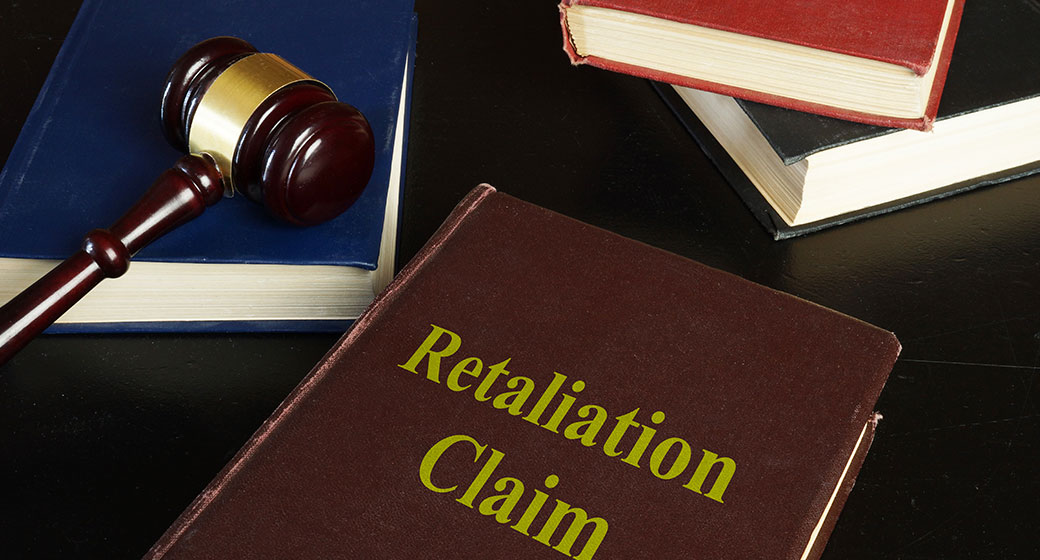
-
Posted By Sirmabekian
-
2022
-
0 Comments
Retaliation in the workplace is unethical, but it remains a common issue and has substantially increased over the past years. Due to this significant rise, workplace retaliation claims are now among the most common ones made in employment-related cases. There is a good chance that any retaliation lawsuit filed by an employee against your business would center on allegations of workplace retaliation.
Claims of employer retaliation generally begin with a particular kind of complaint, such as a report of alleged workplace harassment or discrimination. Some employees fear that their employers will punish them for speaking up about the mistreatment. That’s where retaliation claims come in. What safeguards can employers put in place to prevent claims of retribution made by workers who file or support complaints of harassment or discrimination?
Here are some suggestions to prevent a retaliation lawsuit in the workplace.
Have an Anti-Retaliation Policy
Employers should make sure they have solid anti-retaliation and whistle-blower procedures in place. These policies should make it clear that an employee who makes a complaint of harassment or discrimination will not be subjected to any form of retaliatory action.
Ensure that employees, supervisors, and managers are aware of the company’s anti-retaliation policy. You could also provide them training on how to recognize, document, and respond to reports of workplace retaliation following the policy.
Address Allegations Quickly
When allegations of workplace retaliation arise, employers should take prompt action. Employers must initiate a thorough investigation into employee complaints and ensure they have appropriate documentation in place throughout the process.
If an employer finds evidence of wrongful behavior during their investigation, swift corrective action should be taken immediately. Remind employees to speak with management or human resources right away if they consider they have been treated unfairly in any manner as a result of their involvement in an inquiry.
Analyze any Adverse Action
Regular and precise documenting of employee performance, both good and bad, is necessary for effective personnel management. When an employee claims workplace retaliation, it is important to review any changes in the employee’s job duties, performance reviews, or disciplinary action to determine if there may be evidence of retaliatory behavior.
If a supervisor has taken any adverse action against an employee who has reported an issue involving them, it could constitute retaliation. Employers should ensure that all employees are treated fairly and with respect.
By creating a culture of mutual trust and respect between management and staff, employers can reduce the chances of retaliatory behavior occurring in their workplaces.
Encourage Open Communication
Employers should foster an open environment in their workplaces, which encourages employees to speak freely about issues they may be facing. Employers should encourage a culture of open communication between managers and staff, ensuring that all team members feel comfortable voicing concerns with the company or management.
This will ensure that any potential issues are addressed before they become serious, preventing workplace retaliation claims from arising in the first place
Conclusion
Employers should act immediately to make it clear in both their policies and procedures that they are dedicated to upholding a retaliation-free environment. In any case, contact legal counsel and; a retaliation lawyer as soon as you can if your business is alleged to have engaged in retaliatory conduct to make sure your rights are protected.
 English
English Spanish
Spanish